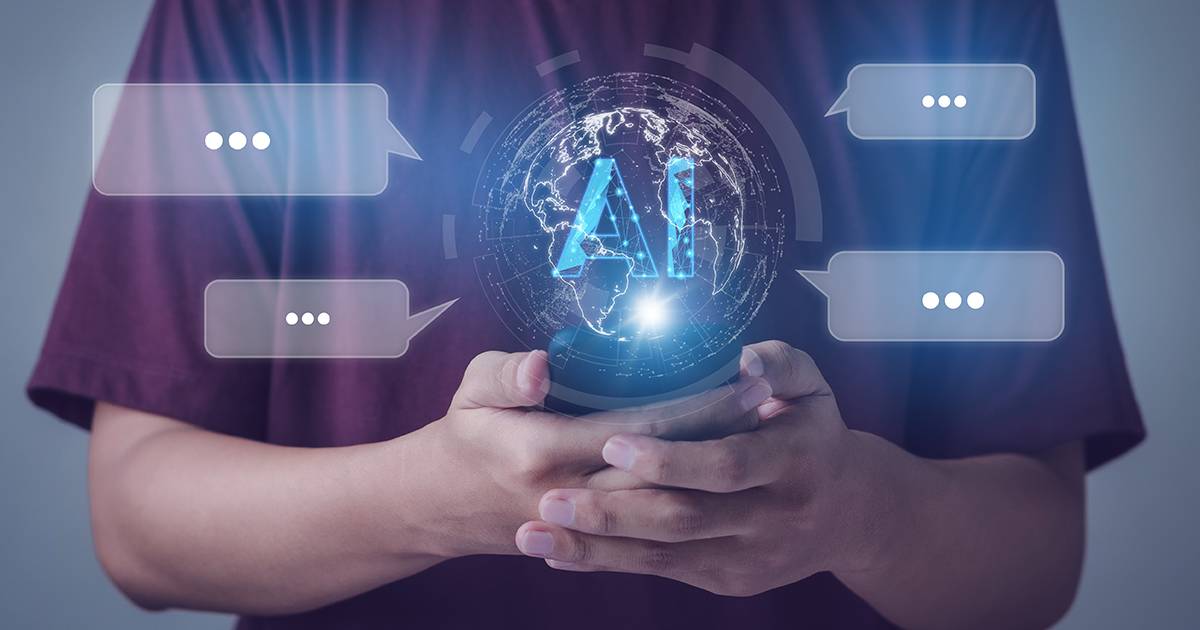
The advancement of Artificial Intelligence is taking the world by storm. But if you're considering using Generative AI to write your personal statement, are you aware of the risks?
Read on to find out more about the uses of this technology, and whether using AI to write your personal statement is cheating.
Contents:
- What is AI?
- Can I use AI to write my personal statement for me?
- What else is a grey area for AI?
- What can I use AI for?
- What if I need help with my personal statement?
What is AI?
Artificial intelligence (AI) is a machine’s way of mimicking or replicating tasks that typically take human input, such as calculating, writing, talking, and creating imagery.
AI and machine learning have been around for a long time, with commonly used examples like Google, Siri, and Alexa becoming household names.
Generative AI (GenAI) is a type of AI that generates content after identifying patterns within existing sets of data, often in response to a prompt. The result is a human-like mimicry of conversational text, speech, or imagery.
When GenAI chatbot ChatGPT was launched in November 2022, within five days it had a million users. Two months later, that had rocketed to 100 million and, by April 2023, the number of users topped 173 million.
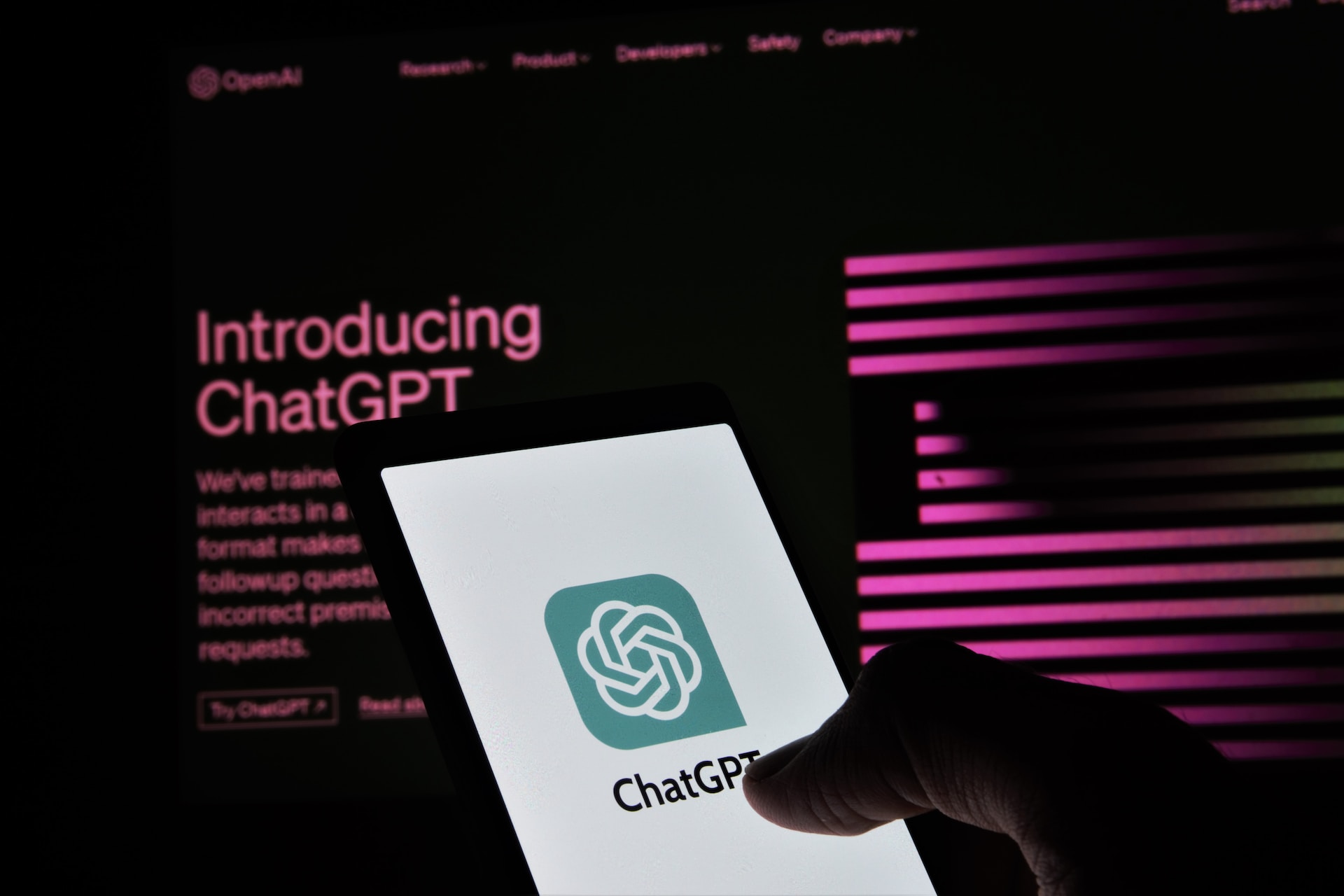
Can I use AI to write my personal statement for me?
The short answer is: no.
Using AI to write your personal statement may seem like a quick and easy solution to a difficult task, but the risks significantly outweigh any potential benefit.
According to UCAS, if you get an AI tool to generate all or large parts of your personal statement and then copy and paste to use as your final text, it could be considered cheating.
Because GenAI is trained on pre-existing material – sometimes from questionable or copyrighted sources – the risk that your AI-generated personal statement could be too similar to someone else’s is significantly increased.
UCAS already uses a similarity detection system to compare statements and combat fraud. Using AI gives you a higher chance of your personal statement being flagged as plagiarism. If this happens, the university you're applying to may be alerted, and this could affect your chances of receiving an offer.
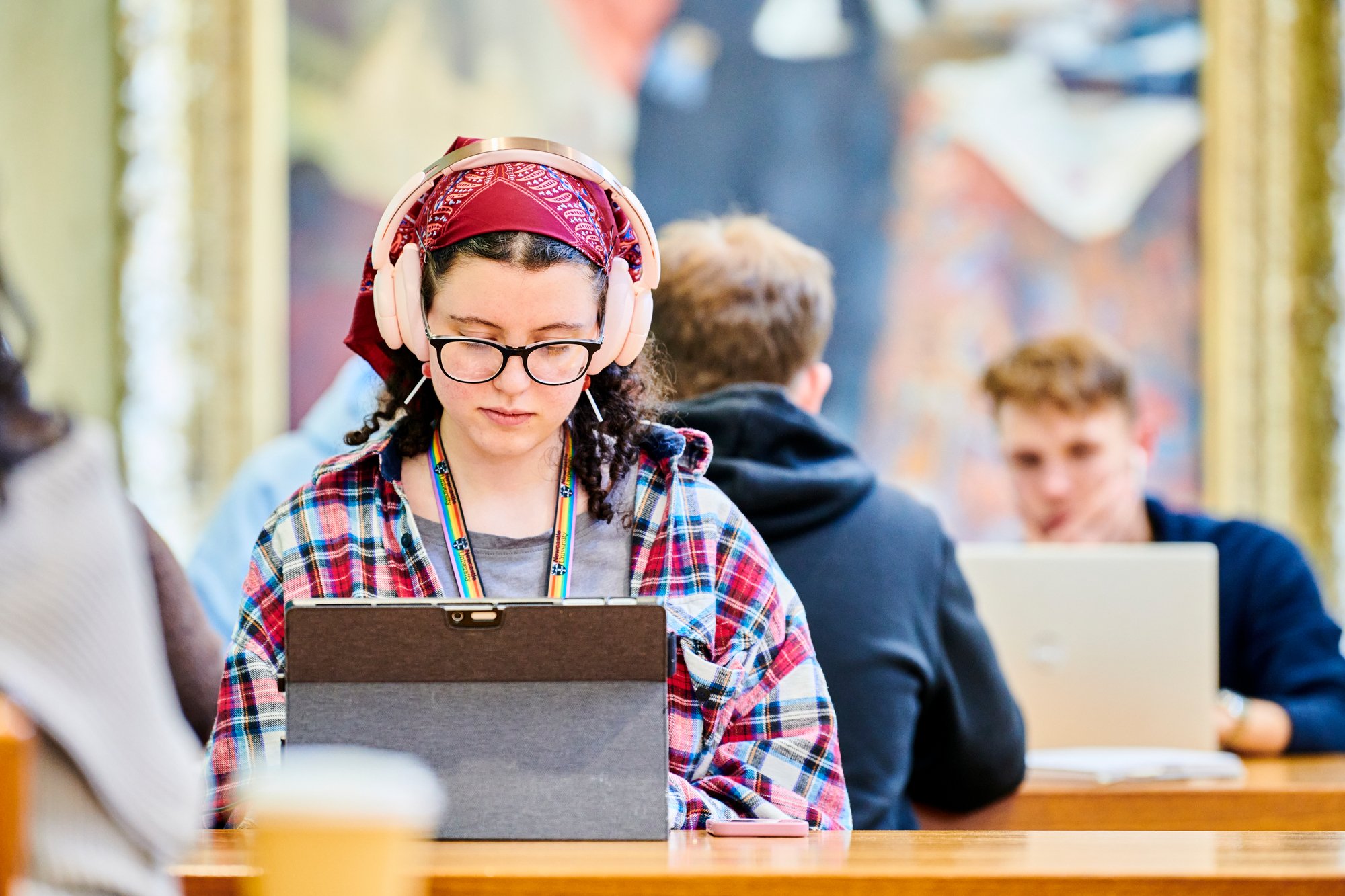
The advice from UCAS is that your personal statement should be just that: personal and written by you.
Writing a personal statement is a milestone in your journey to university, and an opportunity to showcase your skills, ambitions, and experiences in your own voice, which is what university admissions staff are interested in.
Putting these experiences down in writing can also help you confirm whether you're applying for the correct course or not: for example, you may find yourself more suited to Film Studies rather than English Language, or Marine Engineering instead of Mechanical Engineering.
Bear in mind, too, that while it can be tempting to save time by generating a personal statement using a chatbot, GenAI is rapidly being viewed as a tool for cheating.
Leading universities such as Oxford, Cambridge, and Edinburgh have released statements prohibiting the unauthorised use of GenAI by their current students, so chances are they'll take a dim view of an AI-generated personal statement submitted as part of an application to study with them.
What else is a grey area for AI?
If you haven't been told that ChatGPT is not a search engine, now you know.
Because of its sudden popularity, some people are turning to ChatGPT as an alternative to Google or Bing. However, to use this in an academic setting would be a huge mistake.
Chatbots are known for getting simple facts wrong, or making up convincing alternatives in a process known as ‘hallucinating’. ChatGPT’s creators have even admitted the chatbot ‘sometimes writes plausible-sounding but incorrect or nonsensical answers’.
You would be more successful using real search engines to point you towards reliable sources than using an AI chatbot as a search engine.
What can I use AI for?
When used ethically, AI can still be a great tool to support the writing of your personal statement. Here are some ways to use AI without risking your legitimacy:
- planning – if you’re not sure how to plot out your personal statement answers, AI could give you advice on how to structure them
- ideas – if you’re stuck, AI can suggest ideas for you to use as a springboard for your own writing
- prompts – AI can generate a prompt or theme to help you kickstart your work
- writer’s block – using AI may give you the inspiration you need to beat the freezing effects of writer’s block
If you do choose to use a GenAI tool to explore ideas for your personal statement, remember you must confirm your personal statement hasn’t been copied or provided from another source – including AI software – before you submit your application.
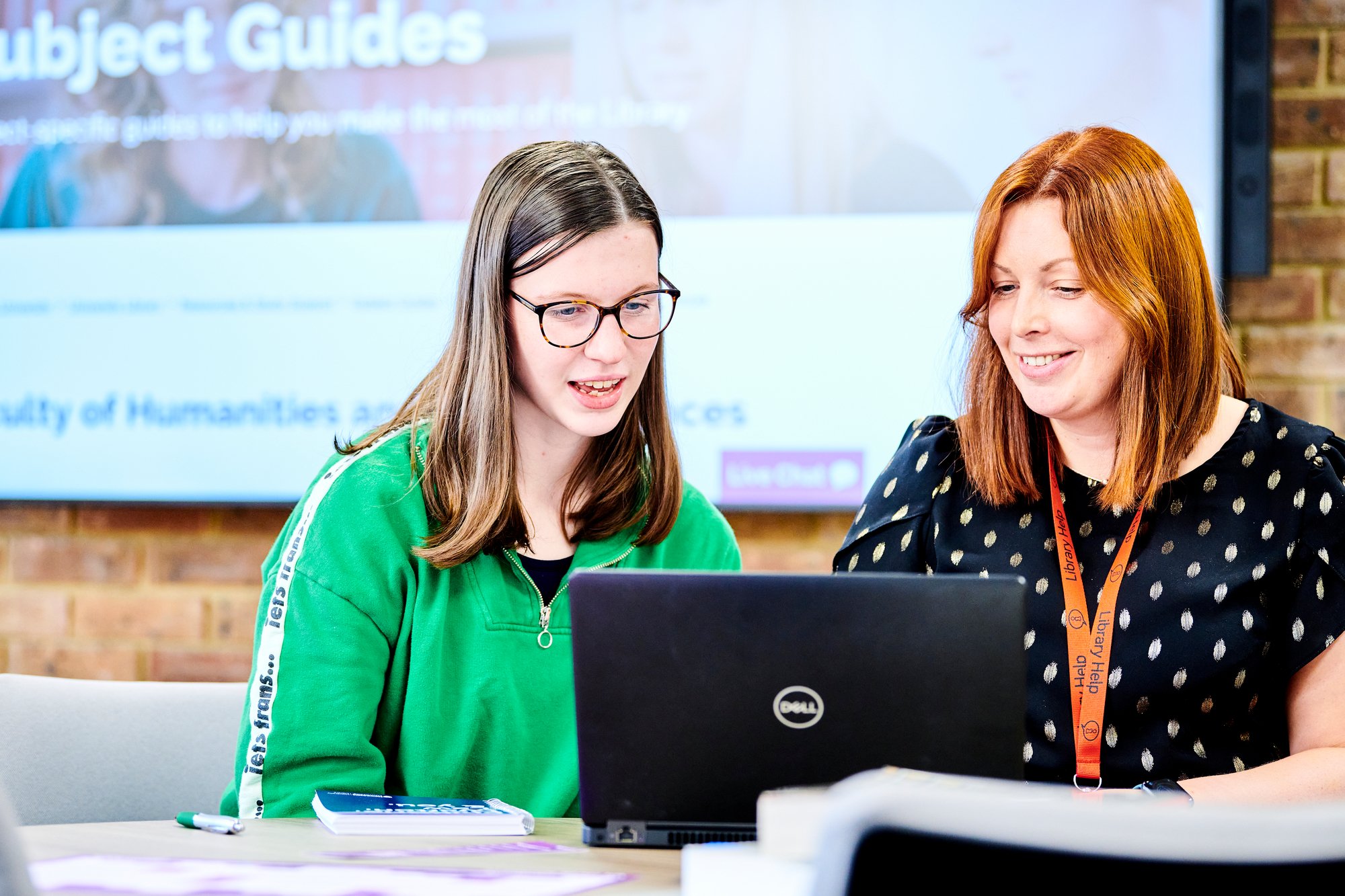
What if I need help with my personal statement?
Help was always available before AI, and that hasn’t changed.
If you need help with your personal statement, you could:
- talk to your teachers – they'll be more than happy to help you
- collaborate with friends – as long as you aren’t copying each other’s work, bouncing ideas off like-minded people can be a great way to focus your statement
- chat to a current university student
- access the UCAS website for a wealth of information about writing a personal statement.
- explore your chosen university's website and see what advice it has to offer.
Find out more:
- Find out how personal statements have changed for 2026 and what you need to do
- Still looking for your dream degree. Here’s how to narrow the field?
- Take a look at what happens when you apply to university
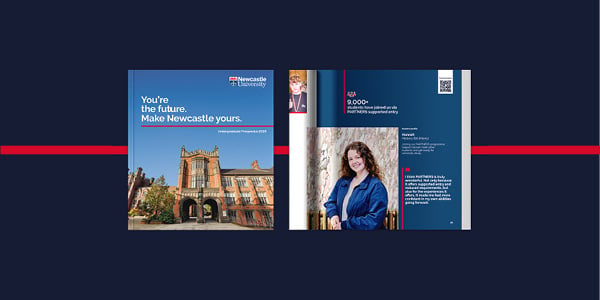
Discover the Newcastle experience: Our Undergraduate prospectus will guide you through our world-class degrees, the support you can benefit from, and our beautiful city-centre campus.
